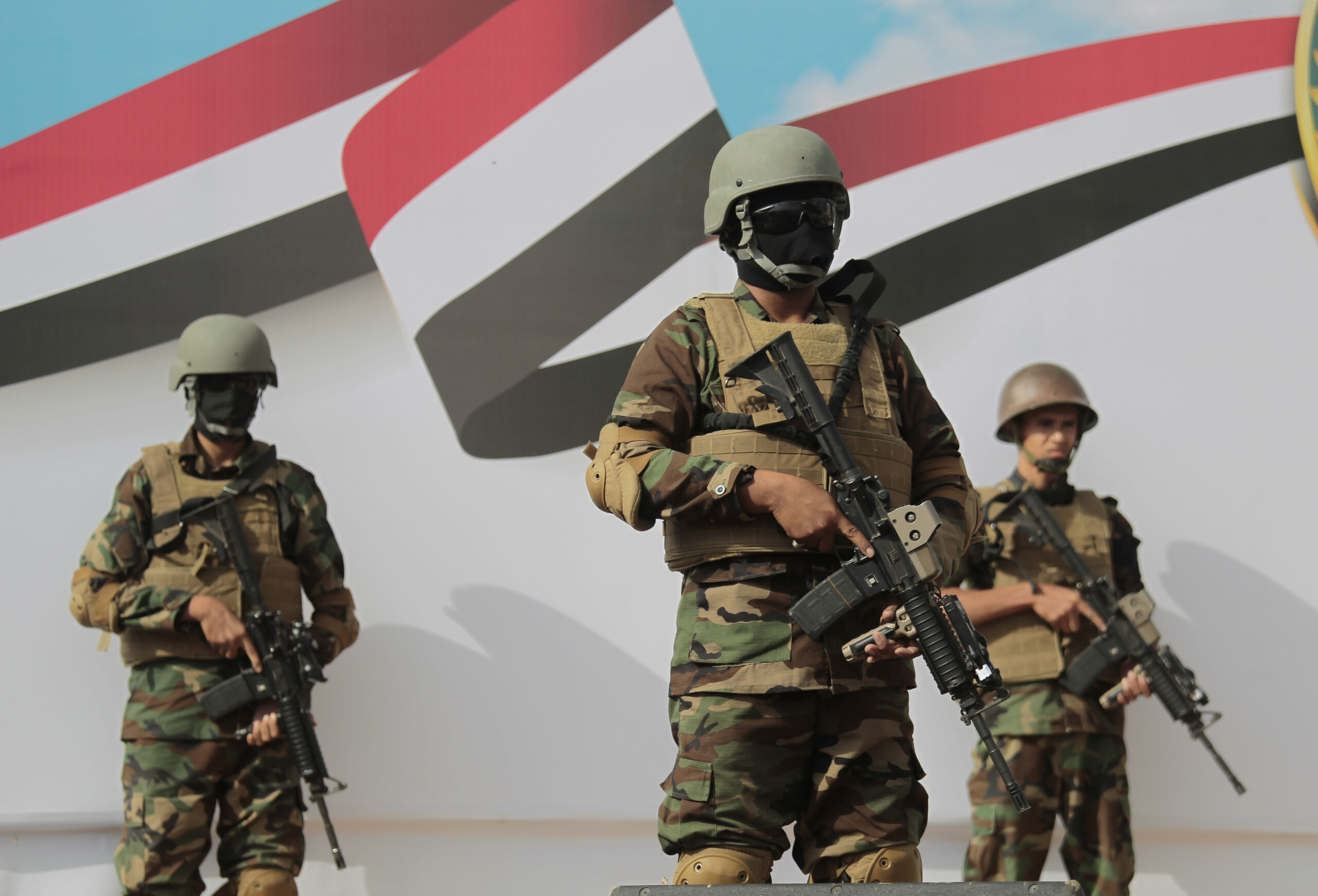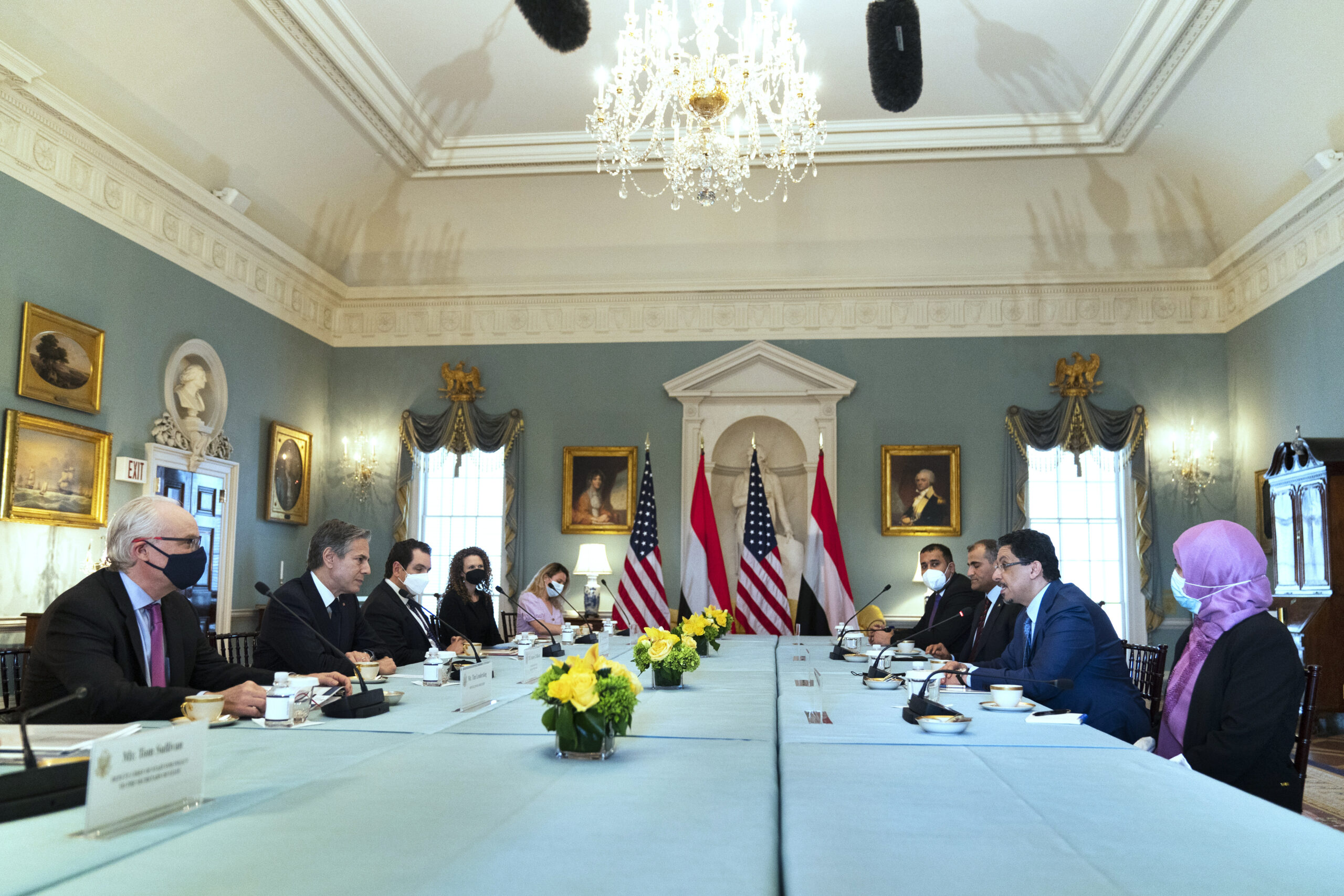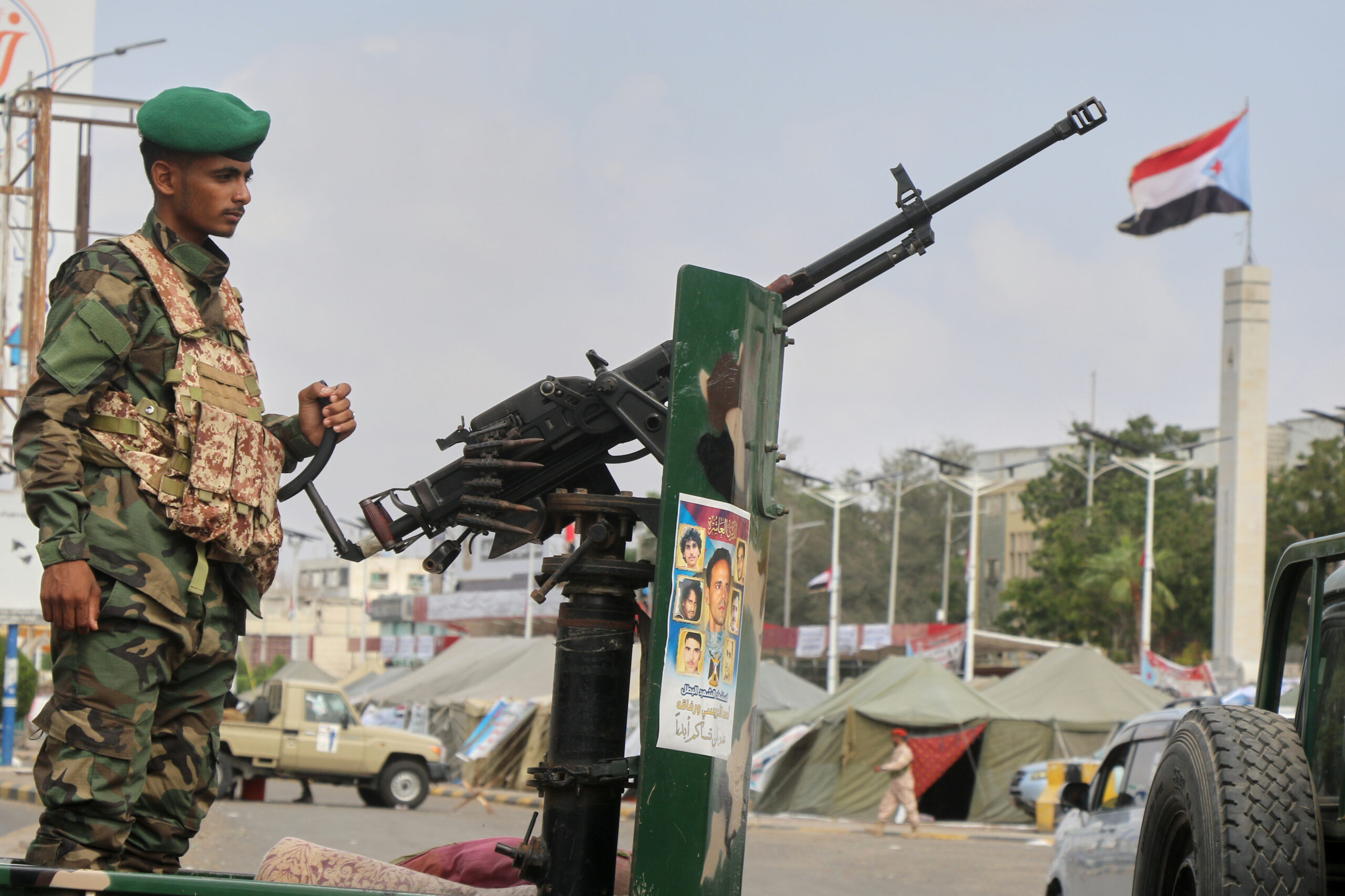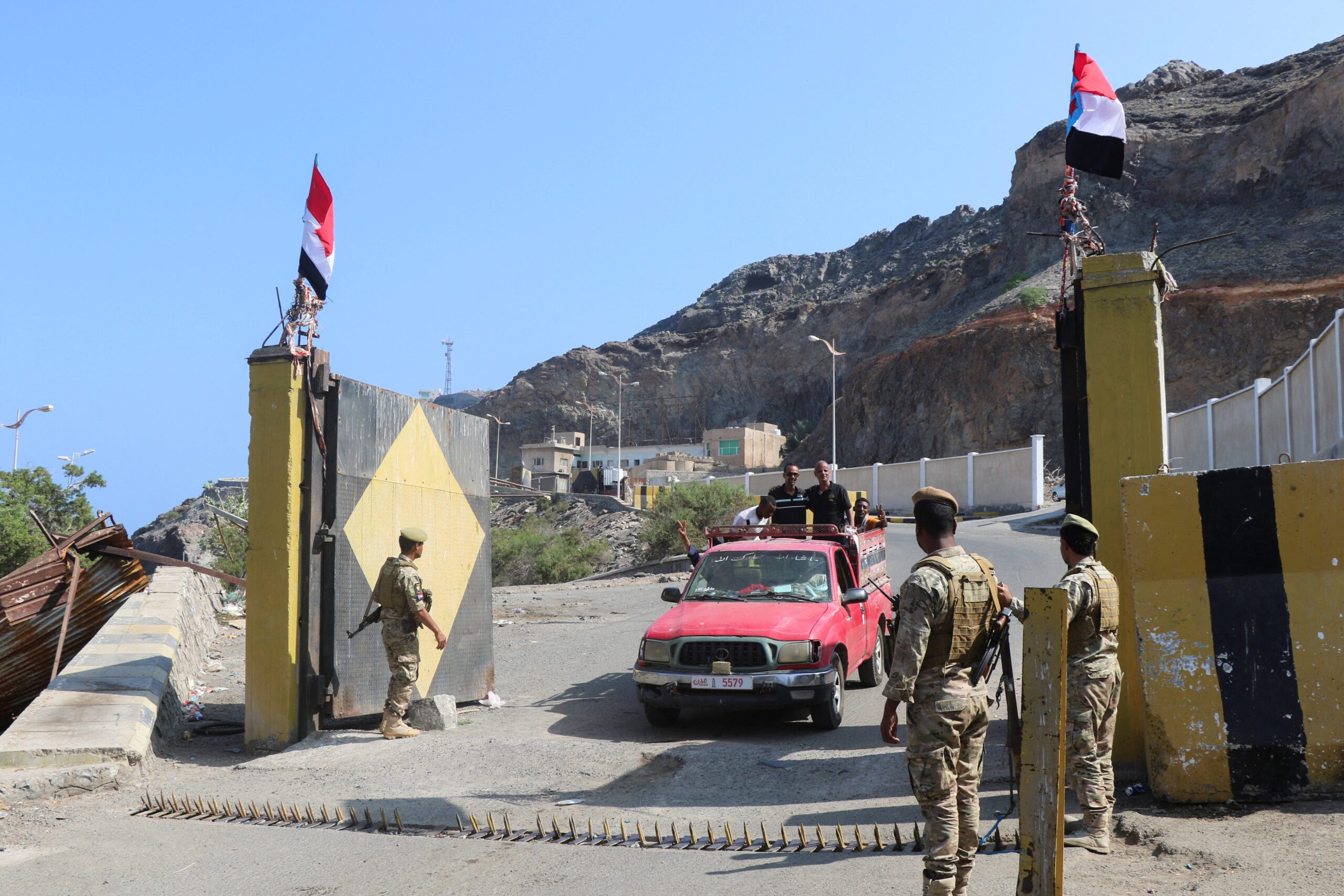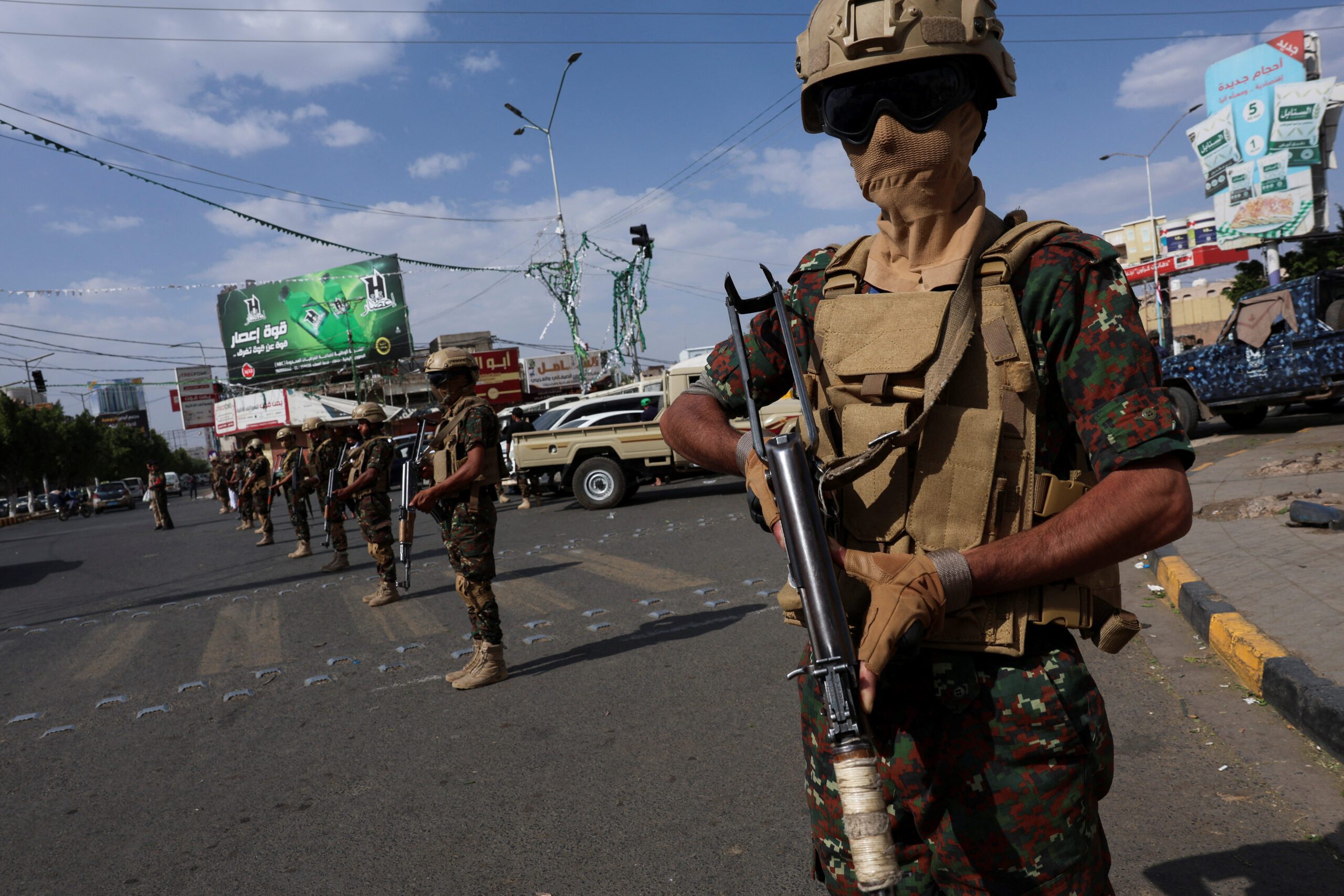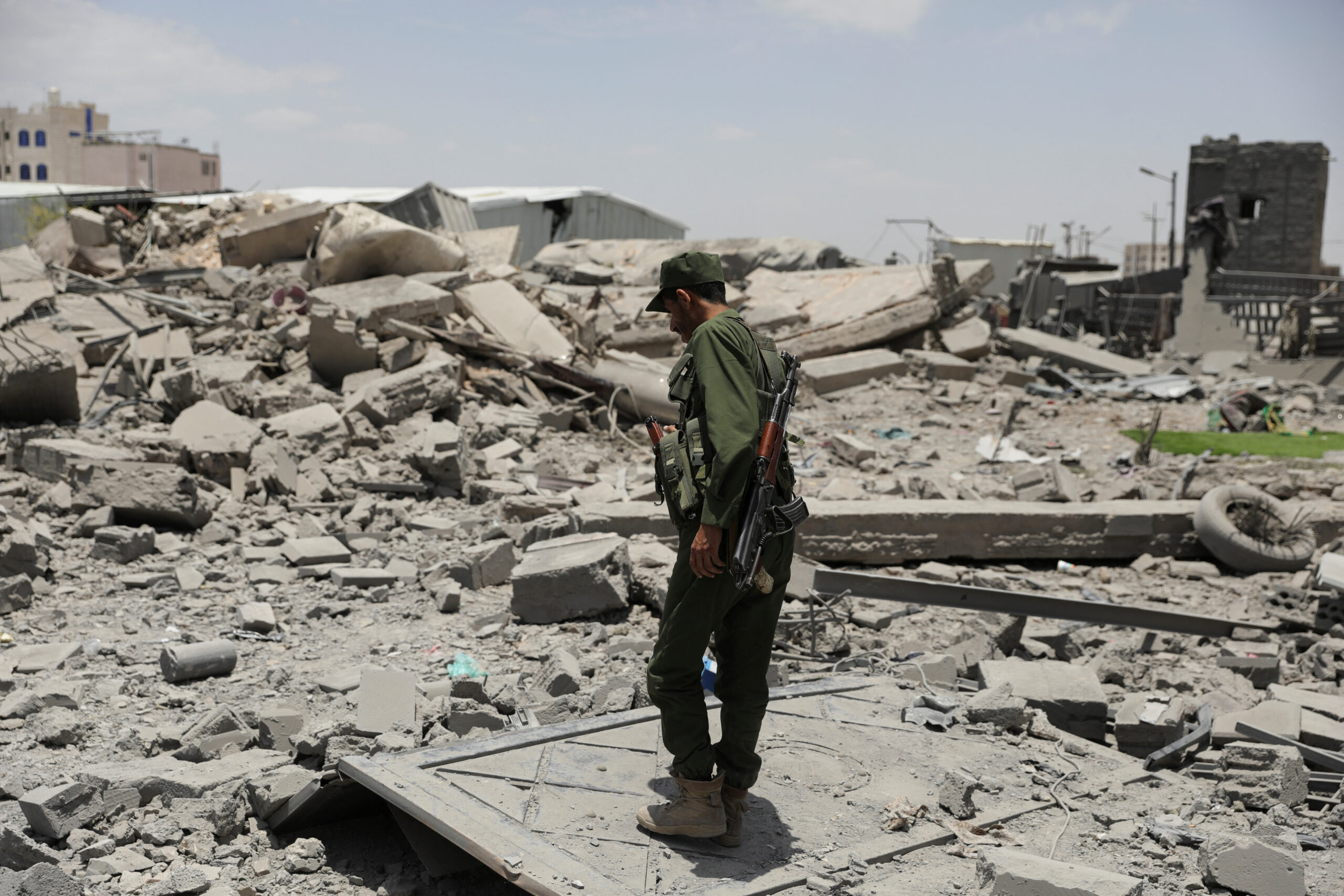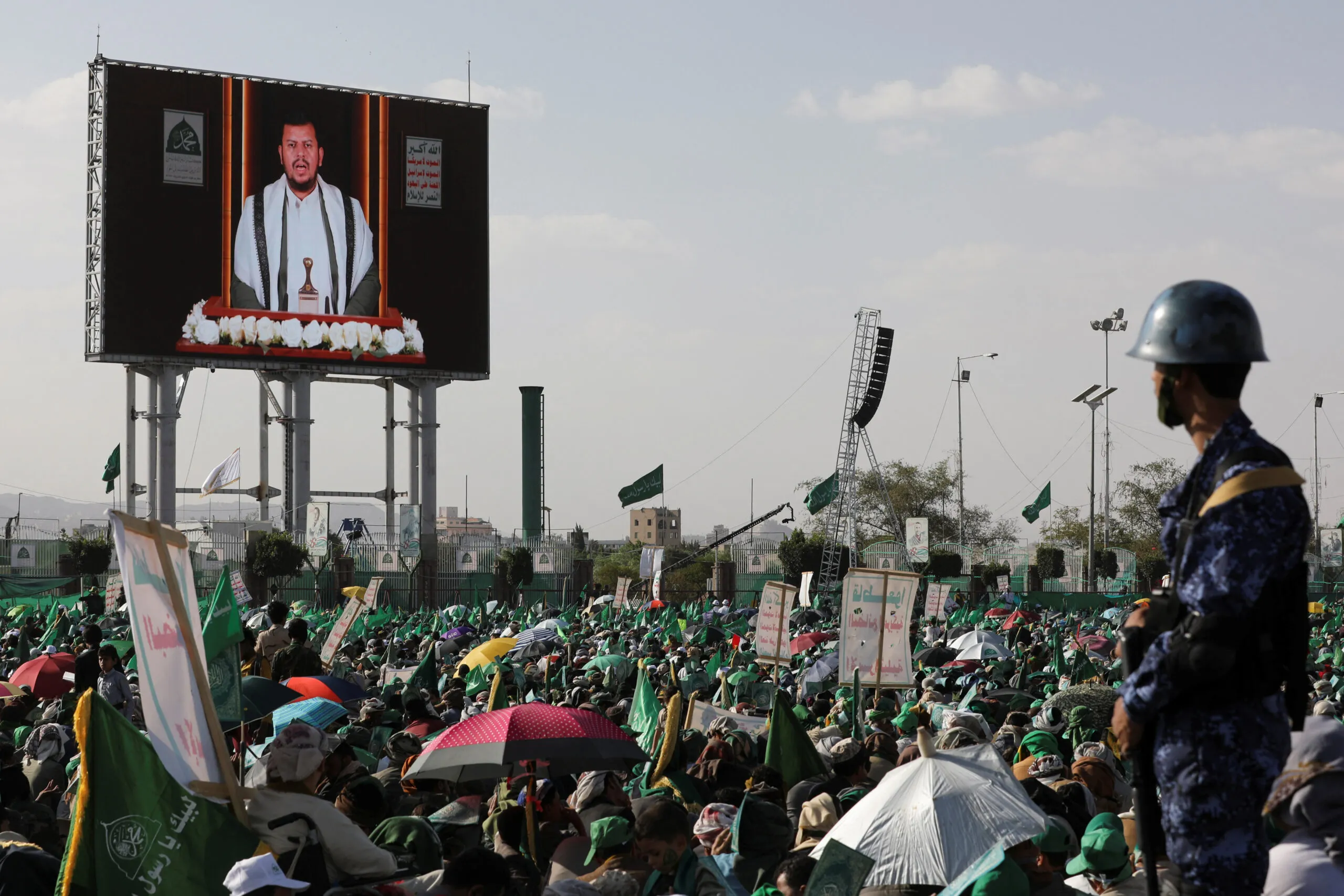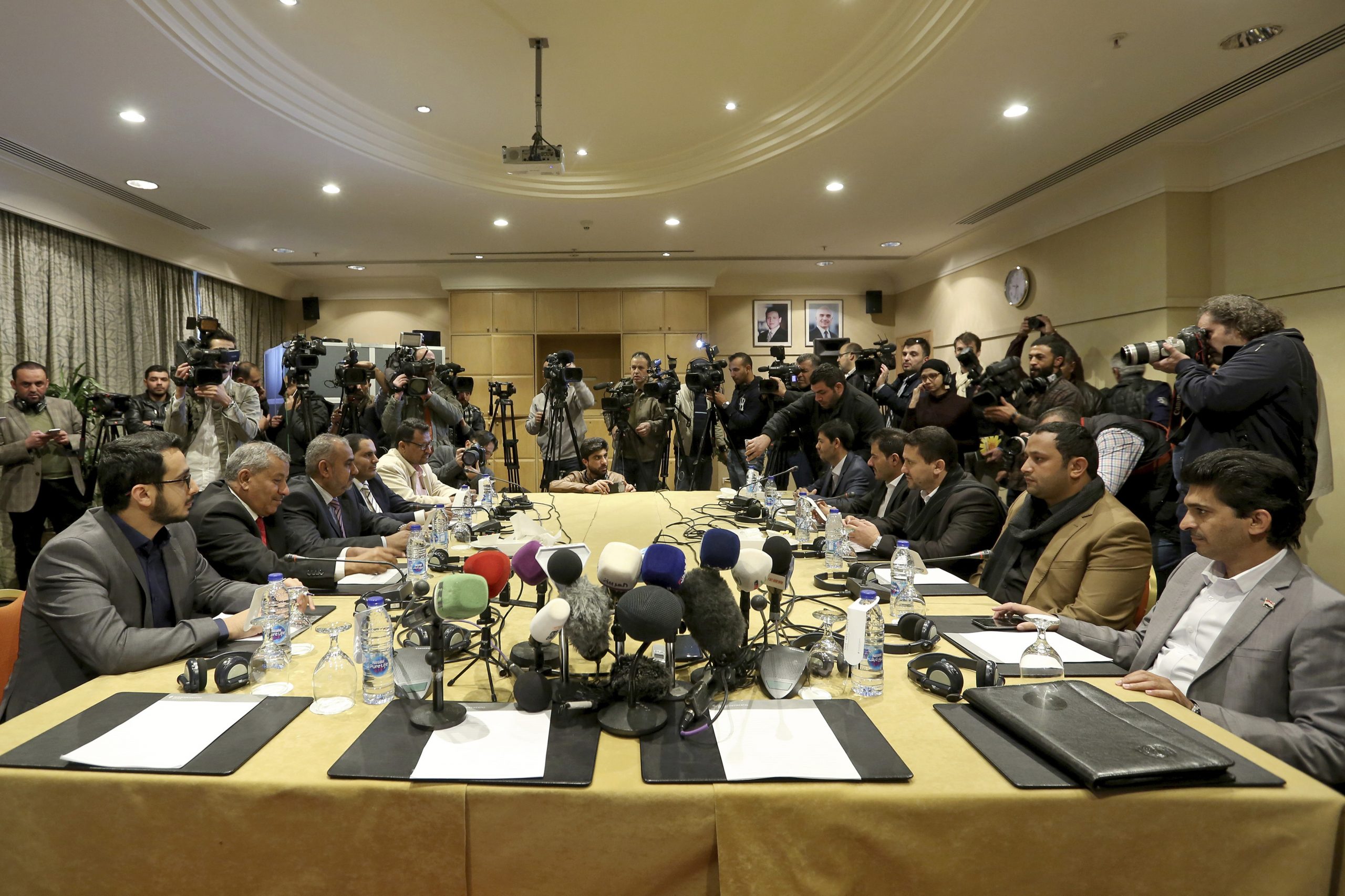The Yemen Conundrum
The United States wants to end the war in Yemen, but given its lack of leverage over the Houthis, the few policy options it does have will likely make the situation worse.
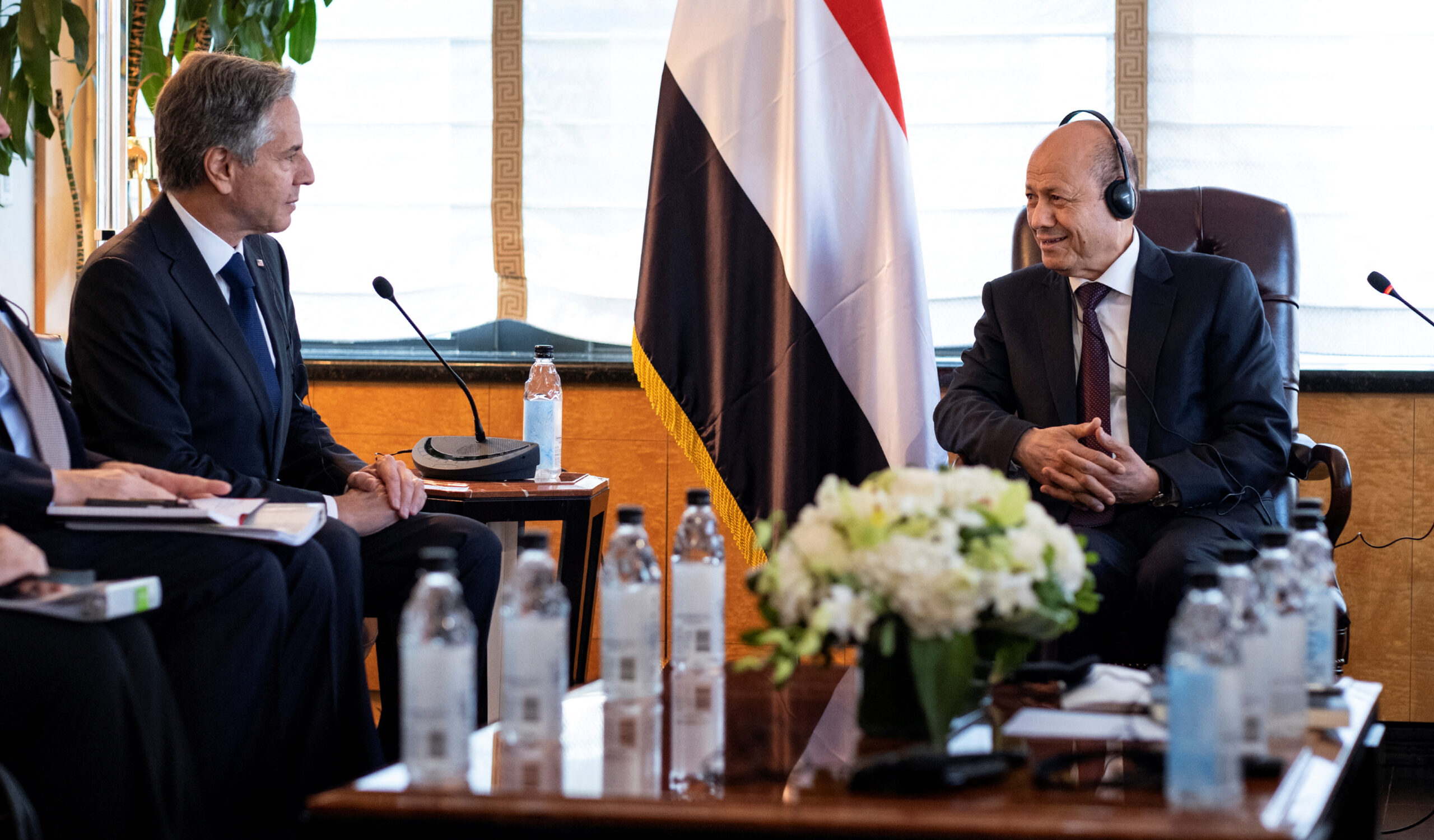
Late on the evening of December 13, Bernie Sanders, the independent senator from Vermont, announced that he was withdrawing his proposed War Powers Resolution on Yemen. The resolution, which called for an end to U.S. intelligence sharing, maintenance, and spare parts to Saudi-led coalition warplanes, faced stiff opposition from the White House, including the threat of a veto.
In many ways the debate over Sanders’ resolution is emblematic of the broader Yemen conundrum for the United States: The United States wants to end the war in Yemen but has no real means of achieving this goal, and the few policy options it does have will likely make the situation worse.
Sanders’ resolution, for instance, is well meaning but dated and out of touch with the realities on the ground in Yemen. Like most in the United States, Sanders wants to see an end to the war in Yemen, which is often described as the “world’s worst humanitarian crisis.” But his resolution would likely have expanded the war not ended it.
By cutting off intelligence, maintenance, and spare parts to the Saudi and Emirati air forces, the United States would effectively aid the Houthis in their attempts to take Marib and the governorate’s oil and gas fields. For much of the past two years, the Houthis have been engaged in an offensive in Marib, with the goal of creating an economic base for an independent Houthi state. Despite some fairly significant gains in 2021, the Houthis have largely been checked by Saudi air power. The Sanders War Powers Resolution would have removed this obstacle and given the Houthis a clear path to victory in Marib. Making matters worse, there is no guarantee that the Houthis would be satisfied with Marib.
In 2021, when the Houthis were taking territory in Marib, they also moved into northern Shabwa, threatening another oil and gas producing governorate. If the Houthis took Shabwa, they would split Aden from Hadramout, ending any hope of an independent Southern state. From a U.S. perspective, the only thing worse than Houthi control over Northern Yemen would be Houthi control over all of Yemen.
The Sanders resolution, as Yemen watchers such as Katherine Zimmerman of the American Enterprise Institute pointed out, also seemed aimed at punishing Saudi Arabia for its “sins of the past,” including the 2018 murder of Saudi journalist Jamal Khashoggi as well as the staggering number of civilian casualties from Saudi and Emirati airstrikes.
For many in the United States this makes sense. After all, the United States’ original sin in Yemen was the decision of the administration of former President Barack Obama to support an ill-advised and poorly planned war in Yemen that it could neither control nor direct. In many cases, it was U.S.-made planes, U.S. missiles, U.S. refueling flights, U.S. spare parts, and U.S. maintenance that allowed Saudi Arabia to carry out airstrikes in Yemen.
Take that all away, the argument goes, and Saudi Arabia would have to withdraw. However, a Saudi withdrawal would not actually end the war in Yemen. In fact, it might actually extend it, as local Yemeni armed groups scramble to secure and hold as much territory as possible. Certainly, it would assure a Houthi victory in the North, maybe even throughout all of Yemen. There are no good guys in the war in Yemen. There is only a broken country, a shattered population, and an uncertain future.
The administration of President Joseph R. Biden Jr. has been here before on Yemen, only on the opposite side. In January 2021, on its last full day in office, the administration of former President Donald J. Trump designated the Houthis a foreign terrorist organization, which effectively froze humanitarian aid in Houthi-controlled areas as international organizations worried about violating U.S. sanctions.
Immediately after Biden took the oath of office on January 20, his administration had a decision to make. The United States knew that the Houthis manipulated and weaponized humanitarian aid coming into the country, diverting aid to their supporters and using the promise of food baskets as a carrot to induce families to contribute fighters – including child soldiers – to the cause. But it also knew that leaving the designation and sanctions in place would severely limit the humanitarian aid entering the country and likely result in thousands of preventable deaths.
Ultimately, the Biden administration decided that the cost of keeping the sanctions in place was simply too great and it lifted the designation. For some that looked like a pro-Houthi, anti-Saudi decision, much as the Biden administration’s opposition to Sanders’ War Powers Resolution looked to be a pro-Saudi decision.
In reality, however, both decisions are simply the result of the Yemen conundrum that the United States finds itself in. The United States lacks the leverage to pressure the Houthis to negotiate in good faith, and the few actions the United States could take would make the war worse rather than better.
As a result, the United States finds itself, as it has for much of the past two years in Yemen, in a state of policy paralysis. It has few viable options save to maintain a tenuous status quo and hope that a breakthrough presents itself.
The views represented herein are the author's or speaker's own and do not necessarily reflect the views of AGSI, its staff, or its board of directors.

